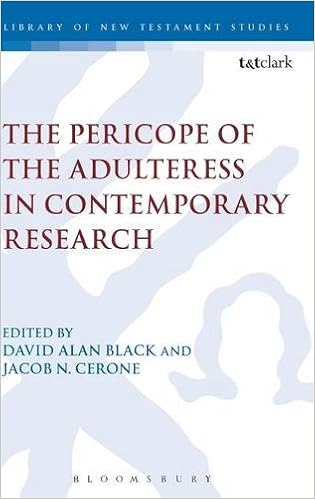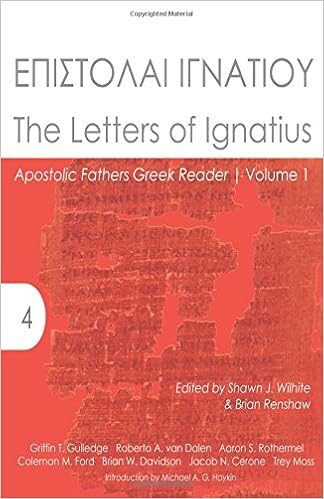I love the translation work I do. There are few things in the world of research that make me happier than translating a difficult passage. My work in the Glossa Ordinaria, however, has the tendency to drive me crazy. It isn’t the translation process that drives me crazy. No. The process of determining the text is the part of the process that makes me want to pull out what little hair I have left.
Sure, this process has gotten easier. I have learned a great number of abbreviations. For instance:
- qd = quod
- populū = populum (the dash over a letter typically indicates one of three things: the accusative case, the letter “n,” or the letter “m”)
- a seemingly unnecessary frill on an “a” or “o” = ae and oe respectively
- ę = ae
I have also learned that many letters look alike:
- “s” and “f” inside a word are easily confused.
- “t” and “r” are sometimes difficult to distinguish.
- “c” and “e” look almost identical.
- When typed side by side, it is almost impossible to tell these letters apart: “l” “s” “f” “t.”
I say all of this to let you know that I have learned a great deal. I have drastically reduced the amount of time required to transcribe the Glossa and proceed to translation. This latest encounter, however, was a bit of a thorn in my side. I spent at least 30 minutes trying to figure it out, abandoned it to translate the rest of the section, and returned only to spend another 30 minutes.
 In this picture, look at the underlined word. There is no way that a word has three successive “n”s. This alone was enough to indicate that something was wrong. Furthermore, there is a “t” in the word, or is it an “r?” I searched for every combination. Was this a misprint? Were too many “n”s added accidentally. So I tried “denntiando,” “dentiando,” “dennriando,” “denriando.” Nope, none of that worked. Could two of the “n”s be combined to be an “m.” I tried all those combinations. Can you guess what the solution was?
In this picture, look at the underlined word. There is no way that a word has three successive “n”s. This alone was enough to indicate that something was wrong. Furthermore, there is a “t” in the word, or is it an “r?” I searched for every combination. Was this a misprint? Were too many “n”s added accidentally. So I tried “denntiando,” “dentiando,” “dennriando,” “denriando.” Nope, none of that worked. Could two of the “n”s be combined to be an “m.” I tried all those combinations. Can you guess what the solution was?
The Glossa was produced during the era of movable type. Each character would have to be individually set into place. Yep. You guessed it. One of those “n”s is supposed to be a “u”; it’s just flipped the wrong way. Our word should be “denuntiando” from “denuntio,” which means “to warn, threaten, announce, etc.”
The moral of this story? Knowing vocabulary saves a great deal of time. I doubt I will forget what “denuntio” means for some time! Oh, and the other moral of this story . . . let your wife google search the word for you and allow google suggestions to offer a suggestion. Thanks love!









What? You haven’t come across well-known Latin quotes where the 17th c. author will just cite the first Latin letter to each word in the sentence. Amateur. There is a whole course up here at Calvin on 16th and 17th Century Latin Paleography for a reason.